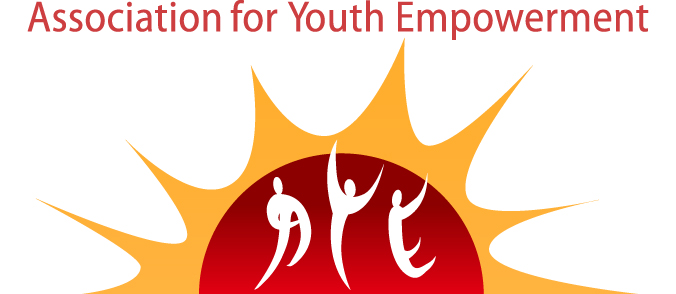The Voice, The View, The Actions
By Robert Cooper
There is couple of ways of communicating based on our view of the future. Be it that the view is one of gloom and doom or the more upbeat I’ll rescue you, it’s pervasive throughout cultures , and the American culture is no different. These views and the actions that come out of those views affect our leadership style, our relationship to money, and our relationship to each other – everything.
My concern began as a complaint about the manner my wife, Sam, speaks to me to have me take some action she wants me to take. The manner of speaking caught my attention because I thought I had to figure out that she wasn’t just reporting or complaining, she wanted me to take action and do something about the situation, though the speaking never sounded, to me, like a request or command. Even when the speaking sounded like a question – did you put this here—it wasn’t a question seeking a yes or no answer or information. It sounded like a complaint or upset to be avoided.
Whenever I said anything about the manner of speaking and ask what do you want me to do, instantly my wife would be upset. The response would be along the lines of “you want me to talk the way you want me to talk” ”I’ll just shut up.” Begrudgingly, I’d take responsibility for the upset and restore our relationship.
I am fascinated with language and language use. It’s like a toy for me. My accepting responsibility for the interaction didn’t take away my puzzling over the stable, consistent and predictable manner that my wife spoke , and me wondering to myself why do I have to translate what she’s saying.
If she were speaking Japanese, I could easily accept the problem of understanding, translating, and taking the requested action. However, we were speaking English and my wife often wondered out loud “why don’t you understand me.”
I had several assumptions about why I didn’t understand her or didn’t, from her manner of speaking, get what action was being called for. I grew up in a cultural context where that type of unclear speaking could result in a heated I didn’t tell you to do that or I didn’t say that on one end and on the other result in a life or death situation.
Clearly the interactions between my wife and I do not provoke a life or death situation. Yet, all the other responses apply. Sam and I can be the only two people in the house for weeks at a time. Then I’d hear, “Are these your shoes sitting here?” “Who left the door open [unlocked]?” “Who ate my piece of fish?” “I’m gonna break my neck on these shoes.”
To bring levity to some of the questions, reports like your socks are on the table, I created a roommate early in our marriage. The roommate is The Ghost. To some of the questions and reports I’d answer The Ghost did it or I don’t know. I know I didn’t do whatever it was, and since Sam was asking she didn’t do it. I had to be the Ghost.
I’m southern and Sam’s dad is southern. So I gave the speaking manner a southern interpretation. Sometimes I attributed the manner of “don’t be direct”, “ don’t ask for anything”, “don’t show your intention”, “don’t give a direct command” as a carryover from the south, where the hiding of intentions, hiding of thought, the hiding of knowing, and the removal of self when speaking was thought to provide intergroup safety.
Lately, my interpretation has changed. Whenever Sam says something like “I’m gonna break my neck on this bag sitting here”, I respond you are being apocalyptic.
I got it. Whenever Sam forecasted the danger she was in, someone, but not her, was supposed to do something about it. I wanted to stop turning the issue over to The Ghost. I became curious and began to look for where I might have the same manner of speaking that I have been focused on with Sam. I looked at my piles of books and papers on the floor, on the dinging and kitchen tables and coffee table. Now that’s something I could create gloom and gloom about and I don’t.
Well, if Sam says a friend is dropping by, then I want to get into action and have the house look nice for the visitor. From the same west Asian and western traditions that I borrowed apocalyptic as the way of speaking for Sam, I borrowed messianic for myself.
Messianic and apocalyptic are most often used in religious contexts. The intention of this reflection, inquiry and writing is not to be religious, though for some it may be. I’m creating a mirror, a lens, and a set of practices to see ourselves not only individually, but also collectively at a cultural level.
To be Continued
